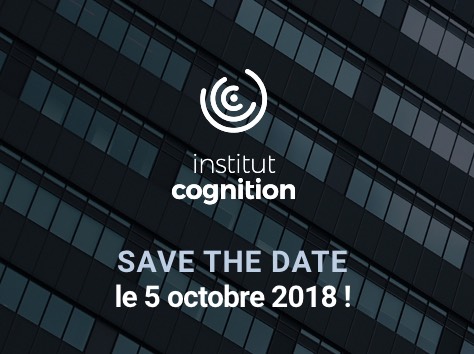
Attention shapes visual perception
Visual attention is essential for visual perception. Spatial attention
allows us to grant priority in processing and selectively process
information at a given location. In this talk, I will present empirical
studies:
(1) investigating how endogenous (voluntary) and exogenous (involuntary)
covert attention improve contrast sensitivity at attended locations and
have concurrent costs at unattended locations;
(2) testing predictions of a normalization model of attention; (3)
Learning to read and dyslexia: from theory to intervention
Pour rencontrer Johannes Ziegler, contacter Franck Ramus : franck.ramus@ens.fr
The Evolution of Punishment
Punishment involves paying a cost to harm another individual and is thought to be a key mechanism that promotes cooperation. Nevertheless, it is not clear (1) whether punishment has the effect of converting cheats into cooperators or (2) how punishment can be favoured by selection, given that it involves costs to punishers. Here, I will use the cleaner fish-client mutualism as a model species to show that punishment does indeed promote cooperation in some contexts.
The collaborative making of an encyclopedia: Research opportunities to foster commons-based knowledge production
Pour rencontrer Dario Taraborelli, merci de contacter Roberto Casati : roberto.casati@ens.fr.
Résumé :
Principles in early language learning
Pour rencontrer Kathy Hirsh-Pasek, merci de contacter Alejandrina Cristia : alejandrina.cristia@ens.fr
Cognition does not affect perception
Pour rencontrer Chaz Firestone, merci de contacter Brent Strickland : stricklandbrent@gmail.com.
What determines what we see? A tidal wave of recent research alleges that visual experience is 'penetrated' by higher-level cognitive states such as beliefs, desires, emotions, intentions, and linguistic abilities. There is a growing consensus that such effects are ubiquitous, and even that the distinction between seeing and thinking may itself be unsustainable. I argue otherwise: There is in fact no
The Mind is Flat: Thought as case-law not naïve science
Pour rencontrer Nick Chater, merci de contacter Paul Egré : paul.egre@ens.fr
How minds and brains create language
Pour rencontrer Eva Fedorenko, merci de contacter Charlotte Jacquemot : charlotte.jacquemot@ens.fr.
"Women in Science" Panel Discussion
Where is it harder for women, across career stages?
How do implicit biases shape our attitudes towards our colleagues?
How can we reduce inequalities?
What organisations and support are available for women?
Come join the international conversation about the place of women in science!
Everyone is invited!
Please register at:

